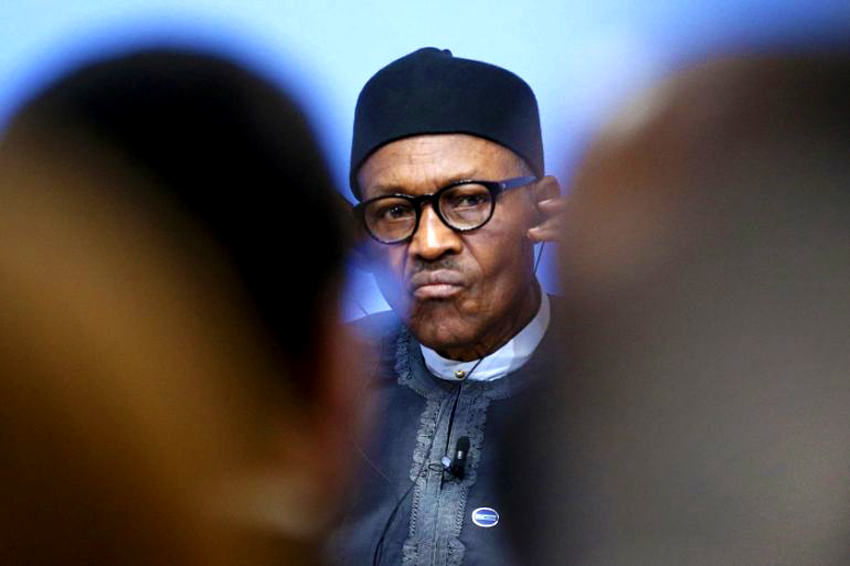- According to Vanguard newspaper, Buhari doubling as president and petroleum minister left N8 trillion unaccounted for
During the Nigeria International Pipeline Technology and Security Conference in Abuja, the Federal Government disclosed a concerning revelation. Over a five-year period, the country experienced 7,143 cases of pipeline breakages and deliberate vandalism, resulting in crude oil theft and losses valued at more than N4.3tn.
This revelation came from the Nigeria Extractive Industries Transparency Initiative (NEITI), a government agency, emphasizing that oil theft had escalated to a national emergency.
Ogbonnaya Orji, the Executive Secretary of NEITI, highlighted the severity of the situation, stating that oil theft posed a serious threat to the country’s oil exploration and exploitation efforts. He emphasized the substantial negative consequences on economic growth, business prospects, and profit earnings for oil companies.
According to NEITI’s data, Nigeria lost 208.639 million barrels of crude oil, valued at $12.74m or N4.325tn, due to these thefts and vandalism between 2017 and 2021.
Furthermore, Orji revealed that the sector accounted for 72.26% of Nigeria’s total exports and government foreign exchange, 40.55% of government revenue, and provided 19,171 jobs. Despite these contributions, the country failed to derive optimal benefits from its oil and gas resources due to rampant oil theft, pipeline vandalism, compromise of pipeline integrity, sabotage, and overall insecurity in the region.
NEITI’s reports indicated that oil theft was mainly perpetrated through techniques such as pipeline clamping, illegal connections on major pipelines, exploitation of abandoned oil wellheads, pipeline breakages, and vandalism of key national assets.
These criminal activities often occurred with the involvement of certain members of the Pipeline Professionals Association of Nigeria in providing the skills and knowledge required to facilitate oil theft.
He emphasized that stringent regulations and appropriate sanctions were essential to curb the involvement of association members in such activities. The gravity of the situation was further highlighted by data showing that Nigeria lost 619.7 million barrels of crude, valued at $46.16bn or N16.25tn, between 2009 and 2020. Additionally, the country lost 4.2 billion liters of petroleum products from refineries, valued at $1.84bn, at a rate of 140,000 barrels per day from 2009 to 2018.
Orji concluded by stressing that Nigeria’s economy could not thrive in an atmosphere plagued by oil theft, pipeline vandalism, and general insecurity in oil-producing communities. Addressing these challenges was crucial for the country’s sustainable economic growth and stability.
IMAGE: Web



